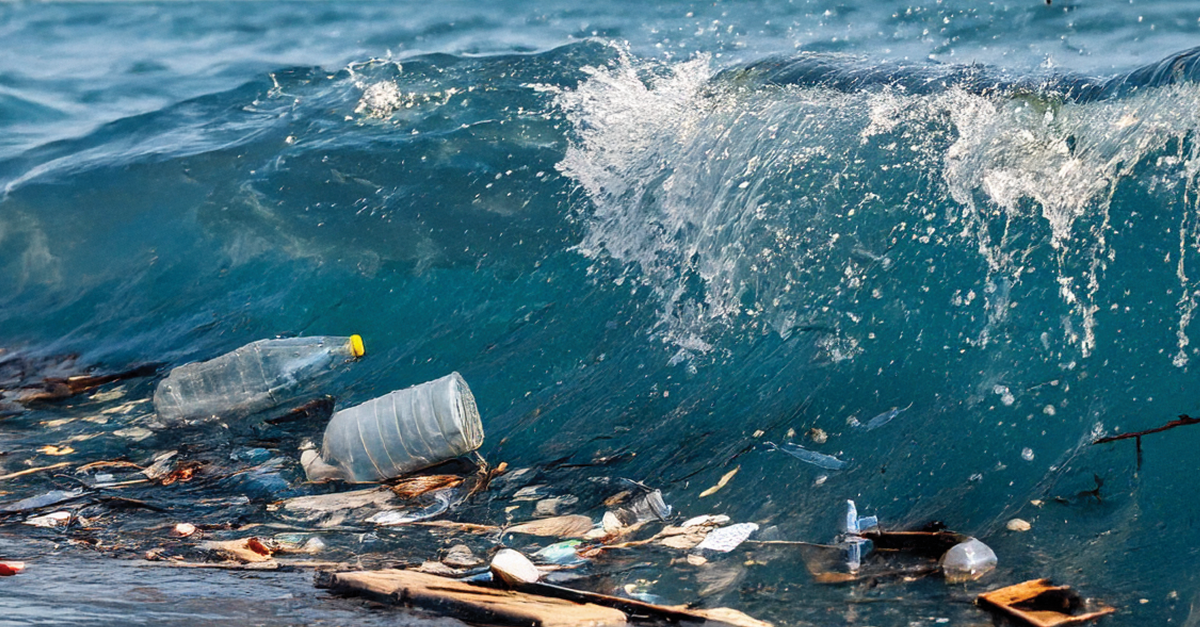Earth is our only home, and how we treat it defines the legacy we leave for future generations. With waste mounting, biodiversity dwindling, and ecosystems under threat, the Era of Responsibility is not just an option – it’s a necessity. May’s theme, “There is no Planet B,” is a call to action for South Africa and the world to embrace sustainable practices, promote accountability, and take collective responsibility for protecting our precious planet.
The Weight of Responsibility
South Africa faces significant challenges in waste management, but it’s also a country rich with potential to lead the way in sustainable innovation. With an annual waste generation of 107 million tonnes, the need for accountability across all sectors – government, business, and individuals – is more urgent than ever. Programs like the National Waste Management Strategy (2020) are setting ambitious goals, but achieving them requires everyone to step up.
Lessons in Accountability: What Works
Sustainability thrives on responsibility, and South Africa is already home to initiatives proving that accountability works:
Extended Producer Responsibility (EPR) in Action
Companies like PETCO are revolutionizing plastic recycling by taking responsibility for the entire lifecycle of their products. Their work in South Africa has not only increased recycling rates but also created jobs and reduced the environmental impact of plastic waste.
Collaborative Waste Reduction
The Packa-Ching initiative uses mobile recycling units to collect recyclable waste directly from communities. This innovative model not only reduces waste but also incentivizes recycling through cash rewards, fostering community accountability and participation.
Sustainable Farming and Waste Reduction
In Limpopo, the Magoebaskloof Biomass Project turns invasive plant species into renewable energy. This initiative demonstrates how responsibility in managing environmental challenges can yield both ecological and economic benefits.
The Role of Individuals: Accountability Starts at Home
The Era of Responsibility isn’t just about policies and corporate action – it starts with individuals taking charge of their own impact. Simple steps can make a big difference:
- Reduce and Reuse: Minimize single-use plastics and find creative ways to repurpose items.
- Separate Waste at Source: Participate in programs like the Separation at Source initiative to ensure recyclables are properly processed.
- Support Local Efforts: Engage with community initiatives like buy-back centres and composting programs to contribute to sustainable waste management.
Staking Our Future: Responsibility with Action
As South Africans, we hold the power to turn responsibility into action. Every piece of waste diverted from a landfill, every policy enforced, and every innovation adopted brings us closer to sustainability. The stakes are high – there is no alternative to Earth. By embracing accountability now, we can preserve our planet’s resources and create a thriving, waste-conscious future.
Choosing Responsibility Over Neglect
The Era of Responsibility is not just about acknowledging the problem; it’s about being part of the solution. South Africa’s challenges are steep, but the rewards of accountability are far-reaching – cleaner environments, healthier communities, and a sustainable economy.
Each small action contributes to a larger movement of change. Let’s choose responsibility over neglect, sustainability over convenience, and collaboration over isolation. Together, we can build a future where waste no longer defines us but empowers us to innovate and protect the one planet we all call home.


SUBMIT YOUR COMMENT